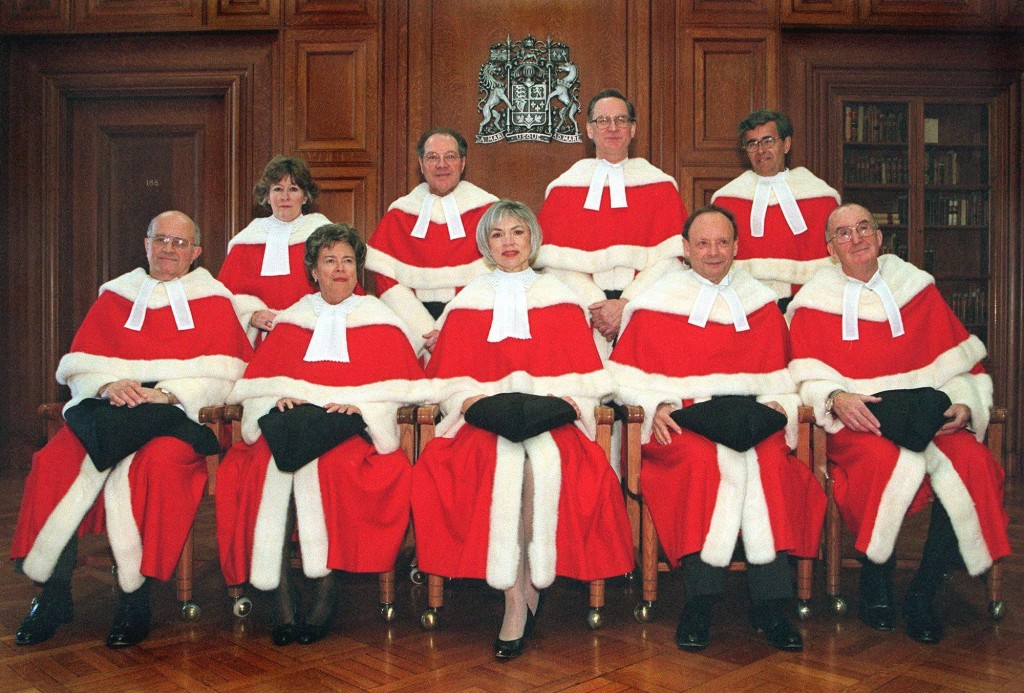 Belgium’s liberal MP, Daniel Bacquelaine, is a leading force in his country’s movement to ban women wearing burqas, “We cannot allow someone to claim the right to look at others without being seen.”
Belgium’s liberal MP, Daniel Bacquelaine, is a leading force in his country’s movement to ban women wearing burqas, “We cannot allow someone to claim the right to look at others without being seen.”
To date, Belgium, France, Spain, the Netherlands and Canada all have some form of proposed legislation outlawing the use of burqa’s in public. Yesterday, the French Senate voted 246 to 1 in favor of “the bill to forbid concealing one’s face in public.” Unofficially, the bill is known as the anti-burqa law, yet while it makes no reference to Islam, there is no dispute that outlawing burqas is the purpose of the legislation. The bill passed France’s lower government chamber this summer and has the full support of President Sarkozy and expected to become law. When and if it does, women continuing the practice will be fined 150-euro ($195) and ordered to attend citizenship classes. The law is also, and perhaps more specifically aimed at husbands and fathers who force their wives and daughters to wear the burqa. Their fine is much heavier – $30,000-euro ($39,000) and possible prison time. The penalty is doubled if the girl is a minor.
While some suggest banning the burqa is a boon to women’s rights, others believe it limits women’s freedoms. But maybe it’s none of those things. Perhaps, as Bacquelaine suggests, the inequality lies in the dressed versus the undressed; the burqa versus the street clothes. Is it fair to be free to look at others, while asserting the right that others cannot look at you?
Equality can sometimes be a moving target.
Photo Courtesy of Wikipedia Commons


